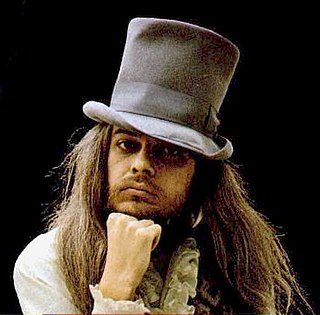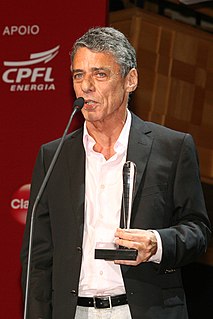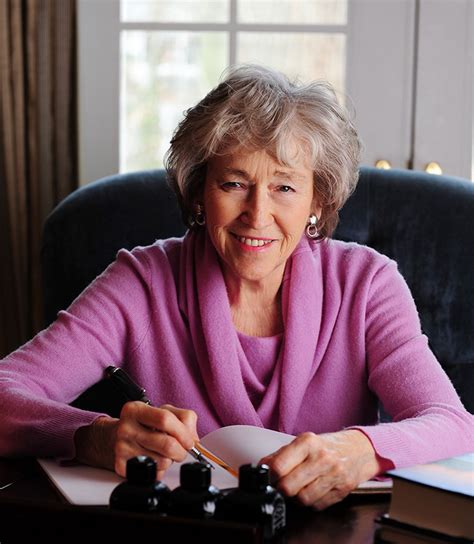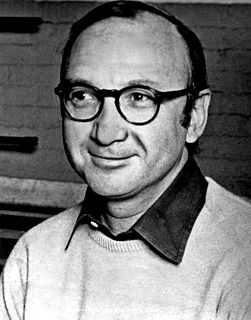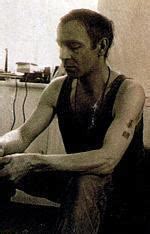A Quote by Anne Lamott
We write to expose the unexposed. If there is one door in the castle you have been told not to go through, you must. The writer's job is to turn the unspeakable into words - not just into any words, but if we can, into rhythm and blues.
Related Quotes
We write to expose the unexposed. Most human beings are dedicated to keeping that one door shut. But the writer's job is to see what's behind it, to see the bleak unspeakable stuff, and to turn the unspeakable into words - not just into any words but if we can, into rhythm and blues. You can't do this without discovering your own true voice, and you can't find your true voice and peer behind the door and report honestly and clearly to us if your parents are reading over your shoulder.
I wish I could remember the moment when I was a kid and I discovered that the letters linked into words, and that the words linked to real things. What a revelation that must have been. We don't have the words for it, since we hadn't yet learned the words. It must have been astonishing, to be given the key to the kingdom and see it turn in our hands so easily.
Style is a very simple matter; it is all rhythm. Once you get that, you can't use the wrong words. But on the other hand here am I sitting after half the morning, crammed with ideas, and visions, and so on, and can't dislodge them, for lack of the right rhythm. Now this is very profound, what rhythm is, and goes far deeper than any words. A sight, an emotion, creates this wave in the mind, long before it makes words to fit it.
When you achieve it fully, you create something that's transparent - that people can move into and through their own experiences. As a writer, I don't want people spending time thinking, "What does she mean?" I want, in a way, my text to go away. So that the words on the page become a door to one's own internal investigation. It's just a passage. If the work does its job, it just opens.
Just as there are moments when the words flow and it feels like the easiest job in the world, there are many more when I think I have nothing to say, and my journalism training taught me that writing is a job, that you write whether you are inspired or not, and that the only way to unlock creativity is to write through it.
I go through the text making sure I haven't used any big words. If I find any fancy adjectives have crept in, I replace them with small words like 'nice' and 'big'. I've liked these words ever since I was told not to use them in English class at school. After that, I check that the sentences are short so as people won't get confused and I shorten all the chapters so they won't get bored. I can't read anything complicated these days, my attention span is too short. Everyone else probably feels the same.




